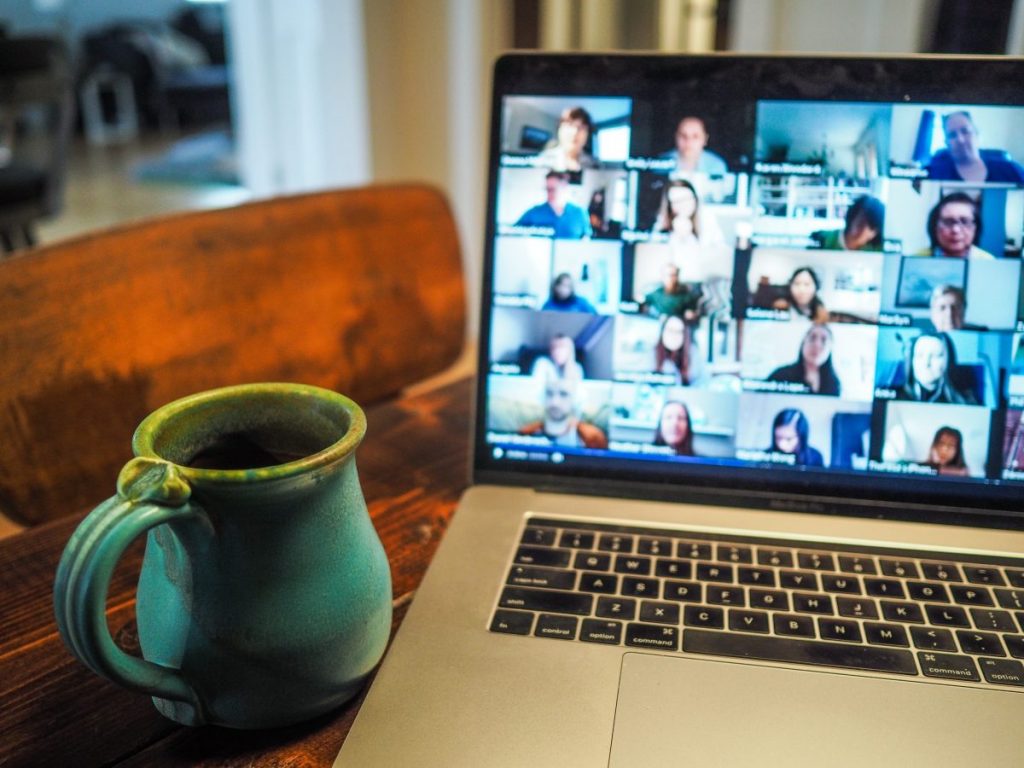Want to read in Dutch? Click here
Video calling, I’ve never been a fan. I am distracted by all the things that add nothing of value to the conversation. The tech that plays up, bad audio, the space behind the person I am speaking with, and the constant view of myself. These things combined make video calls an exhausting experience. And I’m not the only one experiencing this. Research shows that ZOOM can cause various psychological problems, such as mirror anxiety.

Fatigue after ZOOM
The extent of ZOOM fatigue prompted this research, more and more people are experiencing this. This is the exhaustion you feel after video meetings. Of course, it is not only caused by the ZOOM program, it can just as well occur with applications such as Microsoft Teams. Researchers at Stanford University in the United States discovered this issue affects more women than men. The study found that one in seven women reported feeling“very”to“extremely”tired after a video meeting. For men, that number is much lower, at only one in twenty.
ZOOM causes more mirror anxiety in women
One of the biggest issues seems to be the small screen where people see a reflection of themselves. Previous research has shown that women have a greater tendency than men to look at themselves when there is a mirror. This constant focus on yourself can cause negative emotions, referred to as mirror anxiety. Besides this, women also find it tiring to be constantly present on camera. This is not a problem with in-person meetings, as you can move about freely.
The same study found that although women and men have the same number of meetings, on average they last longer for women. They often take breaks in the middle of the meeting, which increases the chance of ZOOM anxiety. Besides the difference between men and women, factors such as age and character were also considered. For example, they found that extroverts and older people are less exhausted than introverts and younger people. Emotionally stable people also suffer less from fatigue than anxious people.The researchers have also suggested several solutions to the problem. For example, they advise you to not always have the camera on during meetings and to schedule breaks between your appointments.
No surprise
I find it interesting to read the research, but the outcome is no surprise to me. As I mentioned in the beginning, I don’t like video meetings for this reason. I only use ZOOM when someone wants to show me something or when a presentation has to be given in front of a large group of people. All the technical wonders we have are useful, but an old-fashioned telephone is still an excellent tool. With the phone, you can focus on the story and that is ultimately the aim of any conversation.
Greetings,

I explain some mirror. NeuType Full Length Mirror, NeuType Arched Full Length Mirror, PexFix Full Length Mirror, ZBEIVAN Full Length Mirror, NeuType LED Mirror, LVSOMT Full Length Mirror, FENNIO Full Length Mirror, MIRUO Full Length Mirror and more.
Mirror lovers onlangs geplaatst…13 Best gold rectangle mirror with rounded corners Reviews